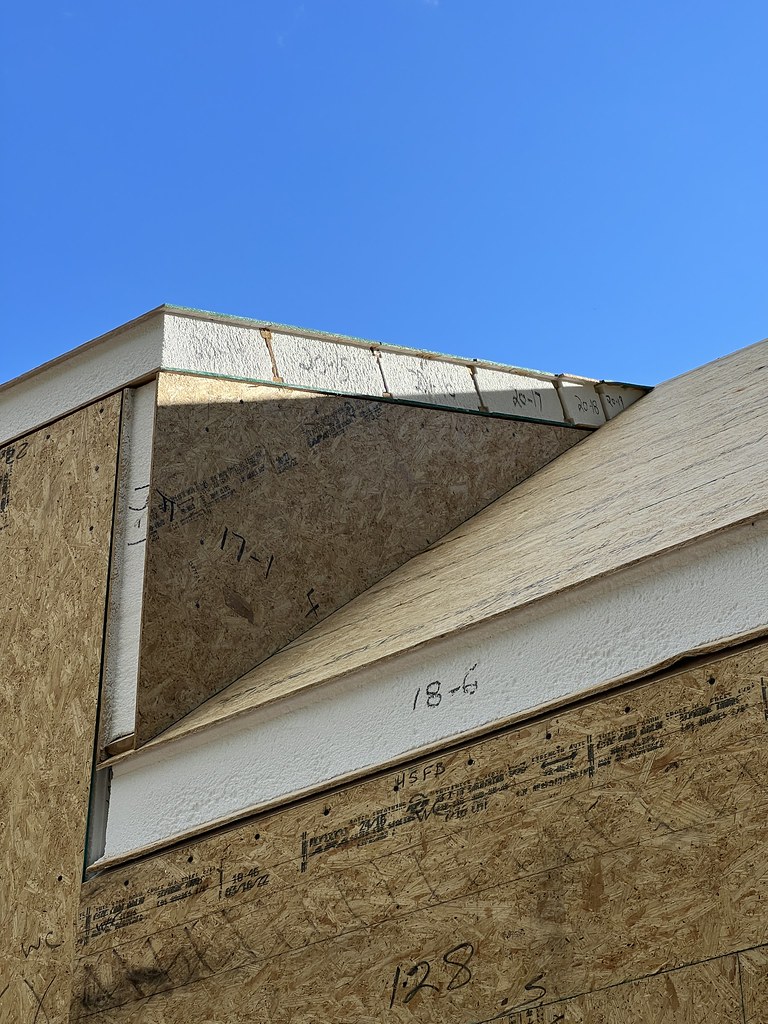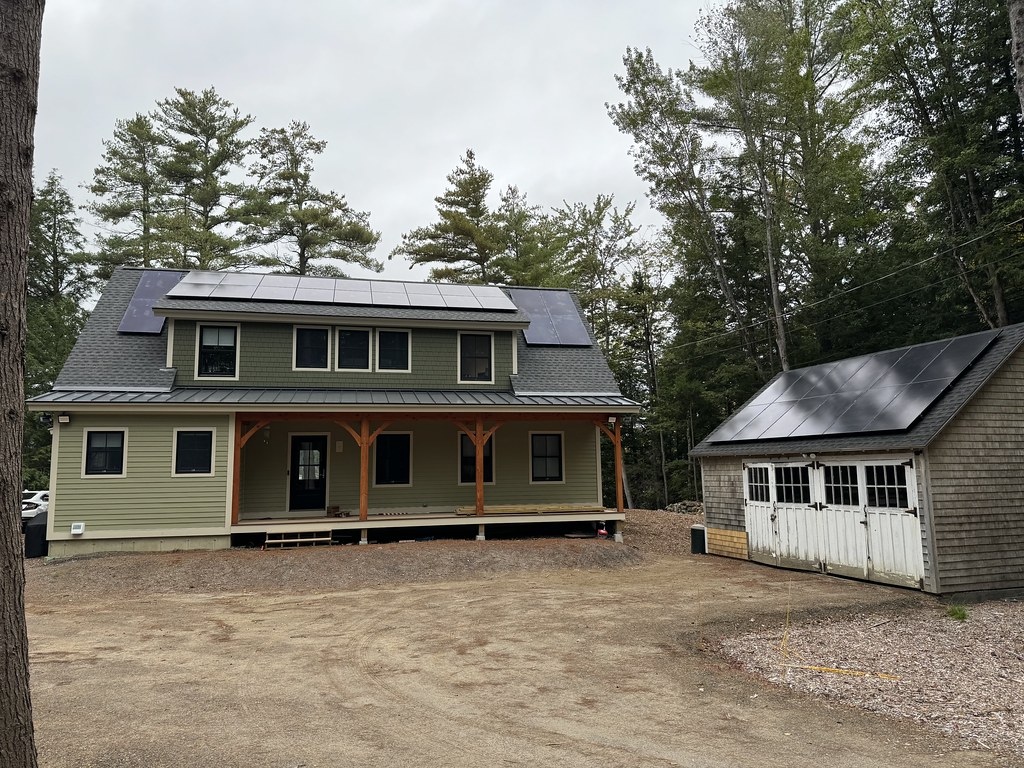Problem is the GeoThermal is on 2 breakers. A 50A and a 60A. It has a backup straight electric heating element but the fan is on that circuit too. Plus hot water 30A. Plus well 20A. Plus Fridge 20A. That’s 160A + amps. They would design backup for peak load. So they would probably require 4 Powerwalls. Maybe 3. Normally Geothermal is pulling like 700 watts to maintain temp.If I'm home, I would assume I could load shed and it would be useful for an extended outage (keep the fridge and freezer going). At least better than neighbors that had nothing.
But ultimately a generator with a local fuel source would clearly be the most reliable.
So with a Generator I back feed the whole panel and I manually “load shed”. Generator is small but it can handle “normal loads” with conservation. If it’s 50F below 0F when we lose power I might run into trouble. I’ll run Heat Only and disconnect the heating element, turn off well and hot water to keep house from freezing. Most Geo has ever pulled is 2000 watts but in theory could go much higher.





